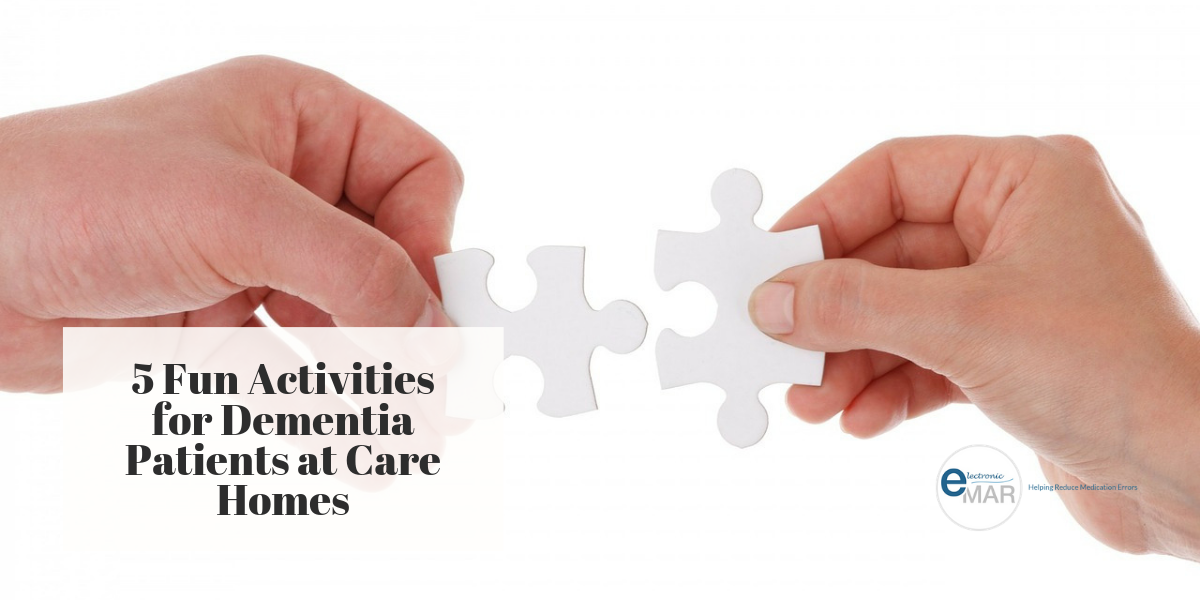Fun activities are great for everyone. They benefit physical as well as cognitive health and this is particularly important for people who have disorders that affect their mood thinking and behaviour. Dementia is one such progressive condition characterised by the decline in thinking, reasoning and memory. If you have patients with dementia at your care homes, it’s important that you develop practical efficient and meaningful leisure activities that help keep anxiety and depression at bay and encourage people with dementia to express themselves in a positive way. Here are a few activities that will help you get started:
1. Exercise and physical activity: Besides improved cardiovascular fitness and physical strength, exercise has many benefits to offer. Exercise helps to reduce the risk of falls as it improves the body’s posture. It improves memory and mood, encourages better sleep, maintains motor skills, and reduces irritability. Alternate among walking, Yoga, Tai Chi, gardening, and dancing to keep things from getting boring. While introducing these exercises make sure that the safety of the patients is the top priority. Design the programme as per a person’s health and current physical abilities.
2. Sensory activities: Sensory activities like arts and craft, baking and pottery are effective for calming nerves. Simple touch-based activities that occupy their hands sooth them and give them a positive sense of feeling. Expressing themselves creatively help people with dementia to have a sense of purpose and it encourages social interaction. Tailor these activities taking into account an individual’s needs and preferences.
3. Music therapy: Music can be comforting and soothing. It helps people with dementia relax and elicit and positive emotions. Karaoke and sing-along activities are great as they are more engaging and interactive in nature than just listening to music. A group singing session is great for encouraging a feeling of community.
4. Simple fun games: Board games like jigsaw puzzles, dominoes, scrabble and snake and ladder, can make afternoon teatime fun and less boring. As these games involve a certain amount of focus, they will increase alertness and keep people with dementia in a good mood. While selecting the board games, make sure that they are visually colourful so that people with vision issues find them easy to handle.
5. Outdoor activities: A change of scenery is beneficial for everyone. A picnic at the local park, a visit to the museum or animal pet farm, fishing and going for movies not just bring a sense of happiness and joy, it also gives them a sense of individuality.
Caring for an individual with dementia can be challenging and, at times, overwhelming. Using eMAR at your care homes can help caregivers spend more meaningful time on productive activities rather than paperwork. Our electronic mar sheet can help you streamline the medication administration process and reduce the risk of errors. To know how our software can help your care homes, visit https://www.electronicmar.co.uk/care-homes/dementia-care/.







